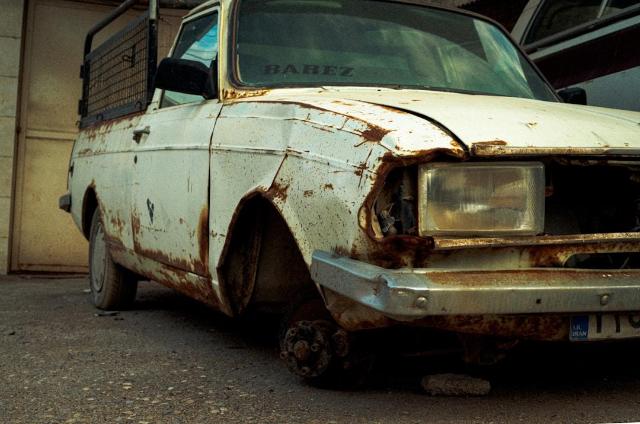Upgrade Your Ride: Tips for Junking Your Old Car and Getting a New One
Are you tired of maintaining an old, unreliable car that costs more to repair than it’s worth? If your car takes up space in your driveway and causes more stress than it’s worth, it might be time for an upgrade. Junking your old vehicle and purchasing a new or used one can bring peace of mind, improve your daily commute, and allow you to drive something more efficient and modern. Below, we’ll cover the benefits of junking your car, compare new vs. used options, and share tips for maximizing your trade-in value.
The Benefits of Junking Your Old Car: Why It’s Time for an Upgrade
Junking your old car offers several significant benefits, starting with reducing the constant maintenance costs. Older cars often need frequent repairs that can quickly add up, especially if parts are hard to find or expensive. By junking your car, you eliminate the need for repairs and free yourself from the ongoing headache of maintaining a vehicle that may no longer be reliable.
Another major benefit of junking your old car is the potential for reducing environmental impact. Older vehicles tend to have lower fuel efficiency and higher emissions, making them more environmentally damaging. Upgrading to a more energy-efficient car can lower your carbon footprint and contribute to a cleaner planet while saving money on fuel costs in the long run.
Furthermore, junking your old car allows you to take advantage of better safety features and improved technology. Modern vehicles have advanced safety systems, such as automatic emergency braking, lane departure warnings, and backup cameras. Upgrading to a new car can give you peace of mind, knowing you’re driving something safer with more protection for you and your passengers.
If you’re unsure where to start, search online for “junk car pick up” to find options near you. Many services will tow away your old vehicle and offer you cash on the spot, making the process quick and easy. Once your car is gone, you’ll be one step closer to upgrading to something newer and more reliable.
New vs. Used: Which Option Is Right for You?
When purchasing a new or used car, it’s important to consider your budget, needs, and long-term goals. A new car typically offers the latest features, a full warranty, and pristine condition. It can be the right choice if you’re looking for a vehicle you can count on for many years and enjoy peace of mind with a manufacturer’s warranty.
On the other hand, buying a used car can save you money upfront, as used vehicles tend to cost significantly less than new ones. You can still find cars in excellent condition with relatively low mileage and benefit from a much lower depreciation rate. This is an attractive option for many, especially if you’re not overly concerned with having the latest features.
However, one of the drawbacks of buying used is the potential for hidden issues, especially if you don’t know the vehicle’s history. Always have a trusted mechanic inspect the car before purchasing to mitigate this risk. If you’re in the market for a used car, take your time to research different models and ensure you’re getting a vehicle that’s in good condition.
If you’re specifically interested in finding a reliable used car, you might want to search online for “best used Hyundai cars in Canada” to find options that meet your needs.
Maximizing Your Trade-In Value: Getting the Best Deal for Your Old Ride
When upgrading to a new vehicle, your old car can be an important bargaining chip. Trading in your car can help reduce the cost of your new purchase, but knowing how to maximize its value is crucial. Start by getting your car in the best possible shape before taking it to a dealership.
Another way to maximize your trade-in value is to gather as much documentation as possible. Maintenance records, proof of any upgrades, and your car’s original purchase information can all add credibility and help demonstrate your car’s value. The more proof of maintenance your vehicle has, the better the trade-in offer.
When negotiating your trade-in value, be prepared to shop around. Different dealerships may offer different prices, so it’s wise to get a few quotes before making a final decision. Consider selling your car privately if you’re unhappy with the trade-in offers. You might get more money for it by dealing directly with buyers.
Overall, junking your old car and upgrading to a new or used vehicle can provide both financial and environmental benefits. By maximizing your trade-in value and making an informed decision, you can drive away with a car that better fits your needs.

